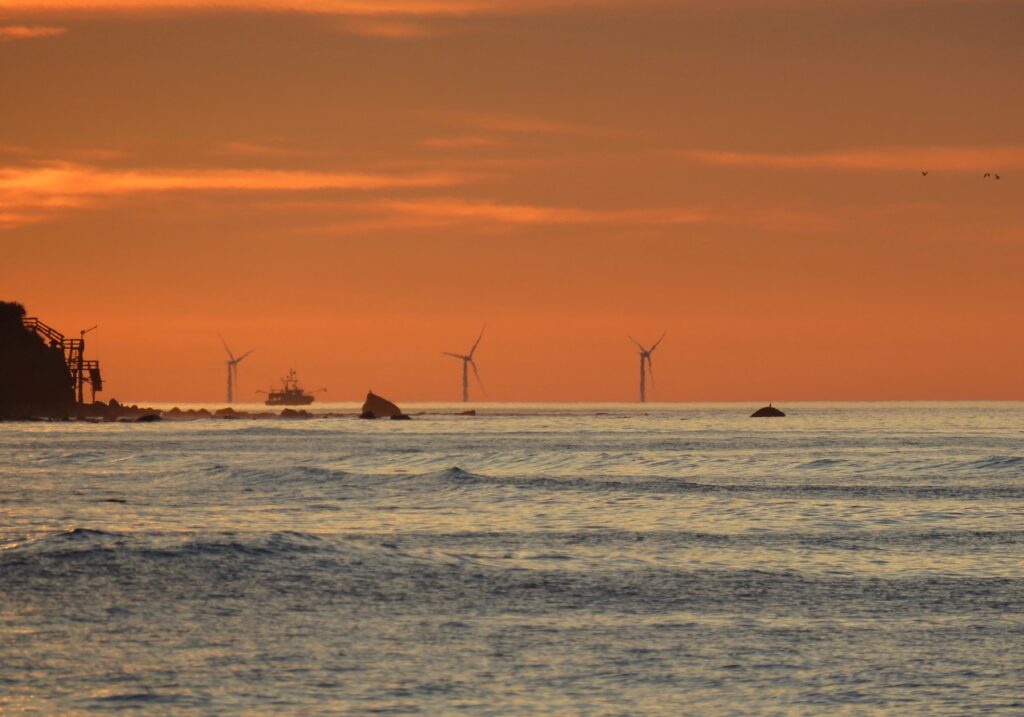
“Change is hard but essential if East Hampton Town and the wider world are going to mitigate and adapt to the impacts of climate change, officials of the Nature Conservancy said this week in the wake of the United States government’s Fifth National Climate Assessment, issued last week.
Coastal retreat is inevitable, said Alison Branco, the Nature Conservancy’s director of climate adaptation, and people will have to become accustomed to seeing energy-generation sites, said Jess Ottney, the group’s New York director of policy and strategy, though those sites will be solar and wind farms rather than fossil-fuel power plants.
The Fifth National Climate Assessment, conducted by more than 500 experts including five scientists from the Nature Conservancy, includes both grim assessments (“current adaptation efforts and investments are insufficient to reduce today’s climate-related risks and keep pace with future changes in the climate”) and hopeful signs (“large near-term cuts in greenhouse-gas emissions are achievable through many currently available and cost-effective mitigation options”).
Here in the Northeast, climate change is damaging infrastructure through extreme weather events and shifting distributions of coastal and marine species and habitats, according to the assessment. Increasing water temperatures, invasive aquatic species, and ocean acidification and deoxygenation put fisheries at risk. More frequent and intense precipitation is already evident on the South Fork, and agriculture is especially vulnerable to runoff and flooding, which causes further environmental degradation by transporting debris and contaminants that cause harmful algal blooms and pollute drinking water.
Sea level rise and saltwater intrusion endanger groundwater aquifers and stress aquatic ecosystems. Sea-level rise also threatens permanent inundation of infrastructure, the assessment notes.”
Read the full article by Christopher Walsh here: